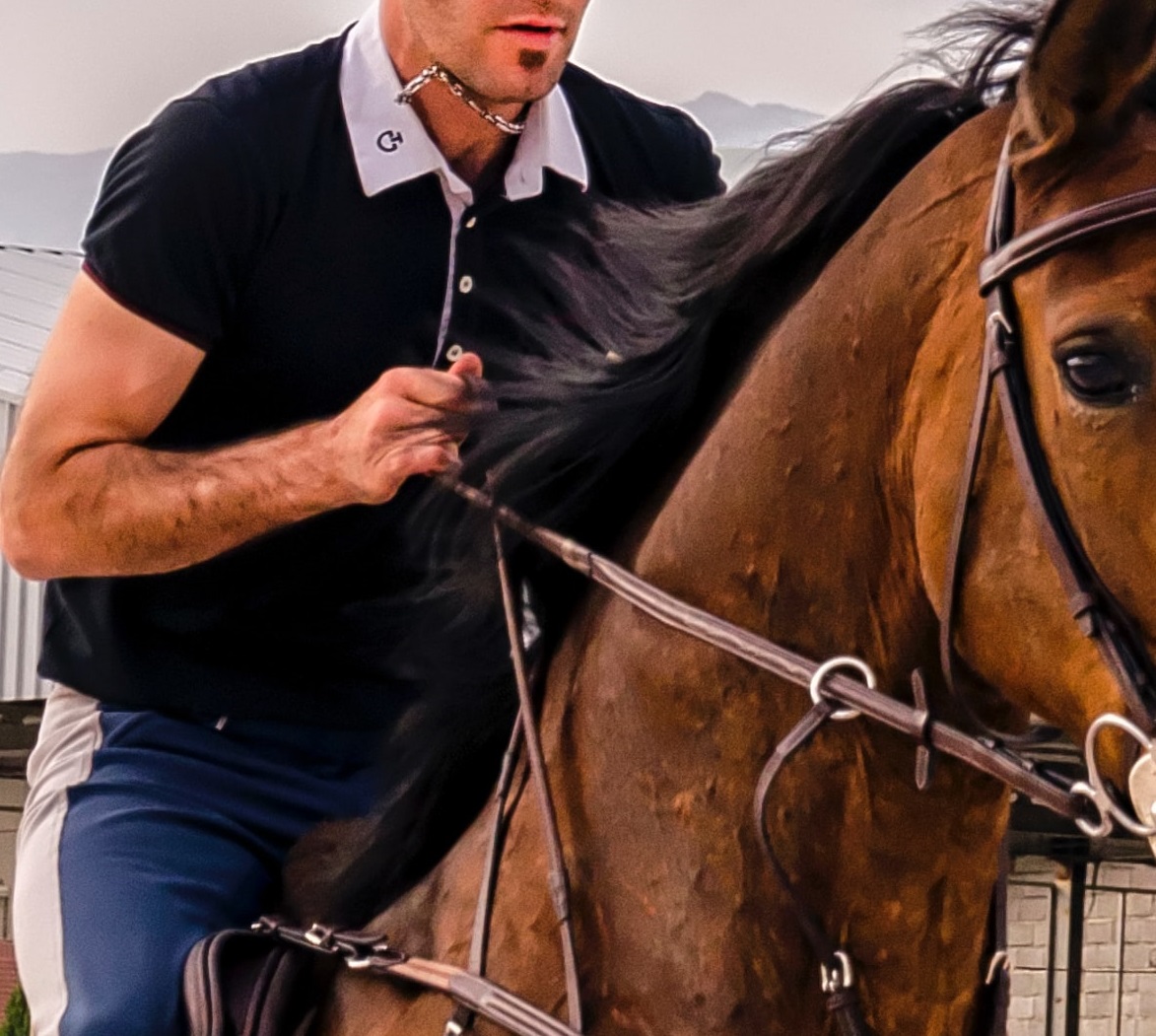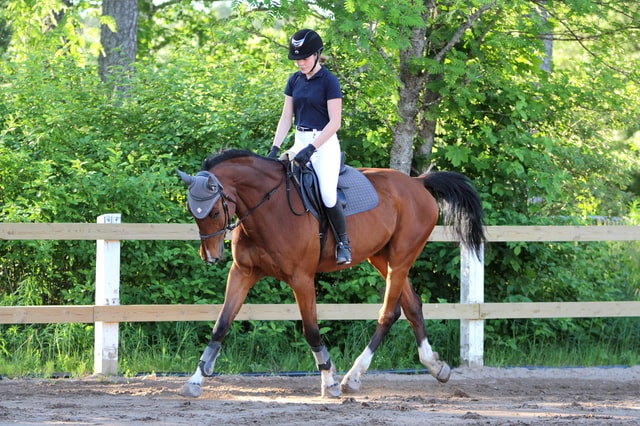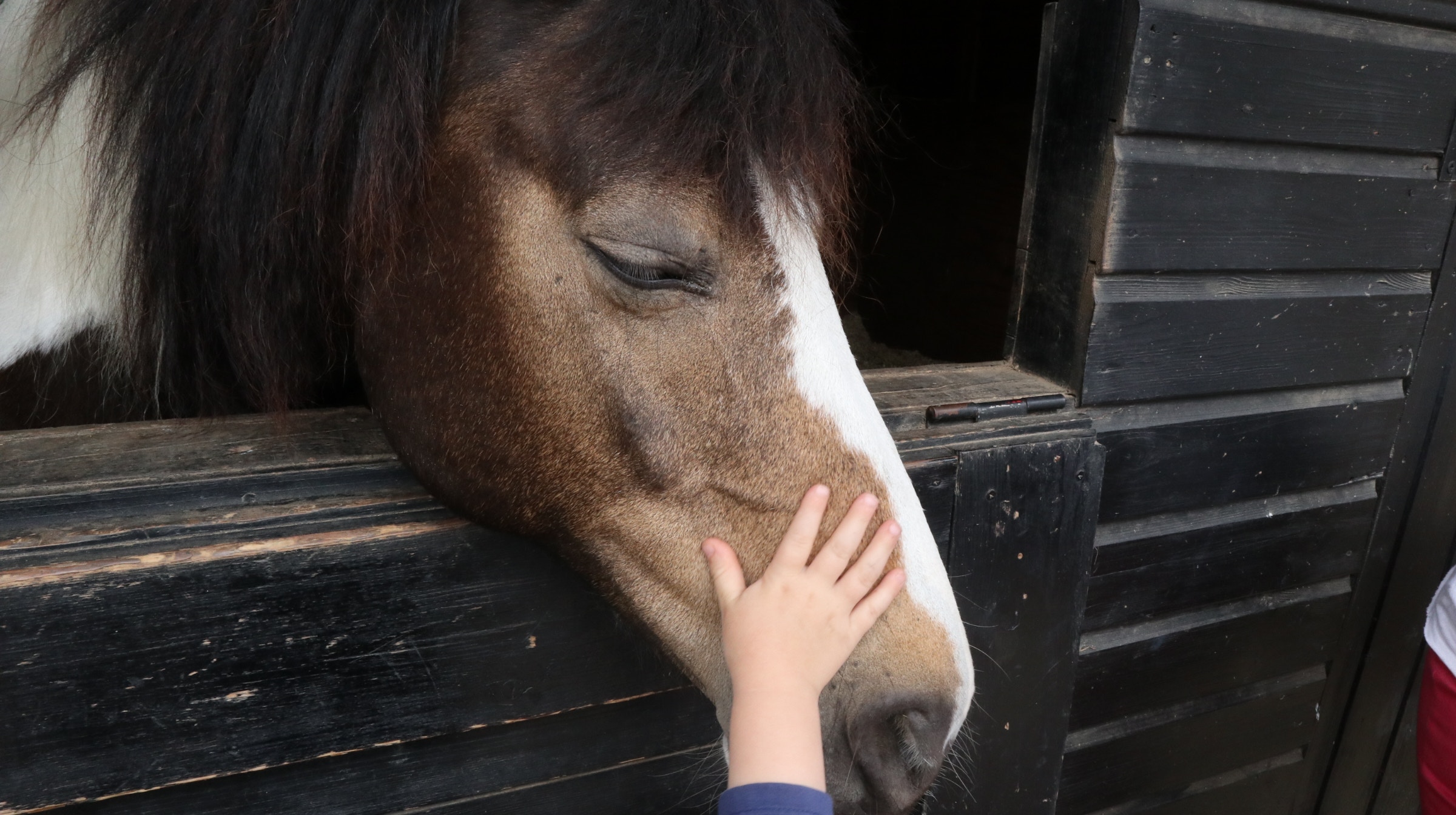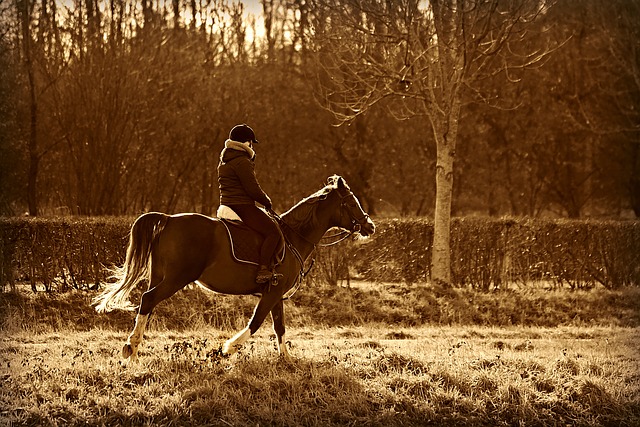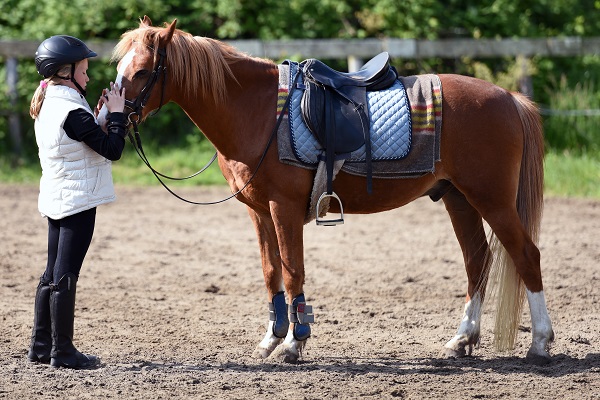Questions to Ask When Buying a Horse
You’ve crunched the numbers. You know How Much Owning a Horse Will Cost and you’ve found a great boarding stable.
You’ve even found some prospects for your new equine companion online and you’re ready to call the owners.
Before you do, make sure you know these 54 questions to ask when buying a horse!
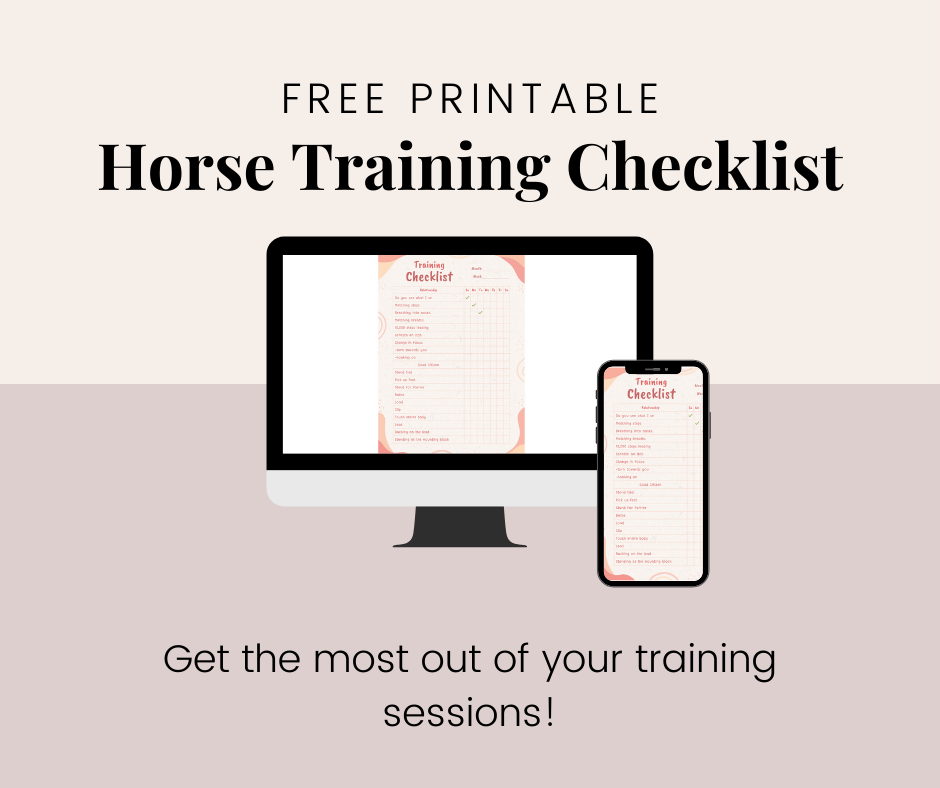
Make Sure to Ask These Questions BEFORE You Buy a Horse
How old is the horse?
This should generally be listed in the advertisement, but it wouldn’t hurt to double check.
How tall is the horse?
A lot of people will try to stretch the truth here, assuming people want horses over 16 hands for hunting or eventing, or want ponies of a certain size.
What’s the horse’s gender?
Generally this information will be available on the advertisement, but it doesn’t hurt to double check.
How long have they had the horse?
If they haven’t had the horse for long, they may not have had it long enough to know it’s minor habits or attitudes.
Which leads us to the next question:
Why are they selling it?
Did they purchase it recently for the sole purpose of reselling?
Or have they had it for a decade, but it doesn’t suit their needs?
The answers to these questions will let you know how intimately the owner actually knows the horse.
Or, if there’s an underlying reason to sell…
Does the horse have any vices?
You’d be hard-pressed to find a horse that has zero vices, but every vice has a level of severity.
Is the horse an aggressive biter?
Or rear back when tied?
Does she not load?
Or stand for the farrier?
These are all things you’ll want to know before you sign up to try to train a vice out of a horse.
What’s the horse’s family history?
Does the seller know it? Some temperament traits or weakness can be inherited.
For example, in 1973, Impressive was a Quarter Horse stud that passed on the HYPP gene to thousands of offspring.
This gene, however, was responsible for a disease called hyperkalemic periodic paralysis.
Without knowing, one stud created an epidemic in the Quarter Horse world that is still felt today.
Are they registered?
This only matters if you’re planning on competing in breed shows or breeding the horse yourself, but knowing the animal’s bloodlines may give you some insight into their character.
How are they currently being fed?
What type of feed are they being fed, how often, soaked in water or not, outdoors in a herd, or by themselves in a stall?
If you plan on feeding the horse something different, you’ll need to plan to gradually switch their feed over the course of a week.
If they’re fed outdoors, in a herd with plenty of competition, how do they do?
Which leads to the next question:
How are they with other horses?
Are they always at the bottom of the pecking order?
Somewhere in the middle?
At the top?
Knowing how your new horse will likely fit into the clique of your existing herd, or the one that lives where you’ll board them, can help you make the adjustment.
If you know your new mare tends to be at the top of the pecking order, you can take care when introducing her to the current alpha-mare.
Is the horse up to date on vaccinations?
I always like to see vaccination records – if not kept by the current owner, then by the horse’s current vet.
That way, you won’t accidentally over-vaccinate.
Who is their current vet?
If at all possible, I suggest using the horse’s current vet after you’ve bought it – not for the pre-purchase exam (to find out why, check out our post about pre-purchase exams) – but for ongoing care.
They’ll have the experience with the horse to know when something is not normal.
What is their deworming schedule?
Deworming schedules are designed to attack different classes of worms over time.
Maintaining an existing deworming schedule is essential to prevent an outbreak.
Your horse may or may not need to be dewormed at all – check out our post on Creating a Custom Deworming Schedule for more info.
When was the last time they had their teeth floated?
Horses should have their teeth floated once a year.
Maintaining that schedule will prevent any health issues creeping up.
How are their feet?
Do they have any special issues?
Are they prone to abscesses or thrush?
How often are they shod?
With what type of shoe?
Do they need corrective shoeing?
Have they ever had laminitis?
This doesn’t need to be a deal breaker, but will help you understand if you need to monitor their feed intake or possibly muzzle them in the Spring.
What kind of past injuries have they had?
A lot of past injuries may indicate an accident-prone animal, or a horse who is being used for a discipline that does not suit their conformation.
For more information on how conformation can lead to injuries, check out our post What is Equine Conformation and How to Use It.
What is their temperment like?
What is their turnout routine like?
Are they used to only an hour or two of turn out a day?
Or maybe none at all?
Or are they out 24-7?
Increasing their turnout could make a once flighty horse calm.
Decreasing a horse’s turnout can make a level-headed horse suddenly hot.
Are they easy to catch?
Do they stand for the clippers?
What is their workout routine like now?
Have they had periods where they were out of work?
and how did they react to going back into work?
Can they lunge?
What level of rider do they need?
What level of rider is on them now?
What kind of tack do they use?
Often, an owner will be happy to sell (or give) you the horse’s current tack if it fits them well.
What is their showing or competition history?
How do they load?
Do they prefer a step down or ramp?
Can they trail ride alone or do they need a group?
If they trail ride in a group, do they HAVE to be at the front?
Are they okay to ride outside of an arena – in wide open spaces?
While some of these questions may not apply to your situation, we wanted to gather any and all questions we think are good to ask when buying a horse.
Even questions you wouldn’t think to ask, or may seem obvious, may uncover important information about your next equine companion.
Once you select a horse you’re interested in buying, you’ll need to schedule a pre-purchase exam.
Check out our post on What is a Pre-Purchase Exam and Why do You Need One? for more info.
